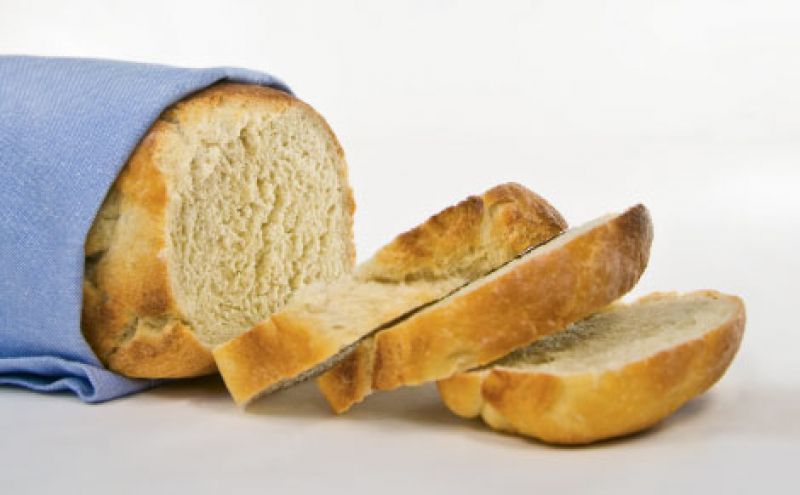
The recent resurgence of artisanal bakeries has reintroduced Americans to the great regional breads of Europe. Though this baking renaissance has brought good bread back to our everyday tables, in our enthusiasm for European-style loaves, we forget that America once had its own handsome regional breads, including Charleston’s own Carolina rice and wheat bread. Since Carolina Gold rice was the foundation both of Charleston’s antebellum economy and diet, it should be no surprise that the grain found its way into the daily bread. Local rice was cheaper than wheat flour, so it was probably added to bread as an extender at first, but homemakers soon discovered that rice bread kept longer than ordinary bread, staying fresh for as long as a week, even in hot weather. Many historians believe that when the following receipt for rice bread appeared as the first of 30 rice bread recipes in Sarah Rutledge’s 1847 classic, The Carolina Housewife, it was already a local staple. When it surfaced again in the Carolina Rice Cook Book of 1901, however, it was beginning to disappear. Carolina Gold production was waning and would soon collapse altogether. Wheat production in the Midwest was taking off, making wheat flour and commercially baked bread inexpensive and widely available. Once cheap commercial loaves captured the nation’s attention, rice and wheat bread began to vanish from Charleston tables. By the time John Martin Taylor reintroduced it in Hoppin’ John’s Lowcountry Cooking in 1992, he could not find one Charlestonian who remembered it. This bread is too good to be little more than a lost memory; let the next artisanal bread that graces your table be a delicious one from this very region. —Damon Lee Fowler Carolina Rice & Wheat Bread Excerpted from The Carolina Housewife Simmer one pound of rice in two quarts of water until it is quite soft; when it is cool enough, mix it well with four pounds of flour, yeast, and salt as for other bread; of yeast, four large spoonfuls. Let it rise before the fire. Some of the flour should be reserved for making the loaves. If the rice swells greatly, and requires more water, add as much as you think proper.